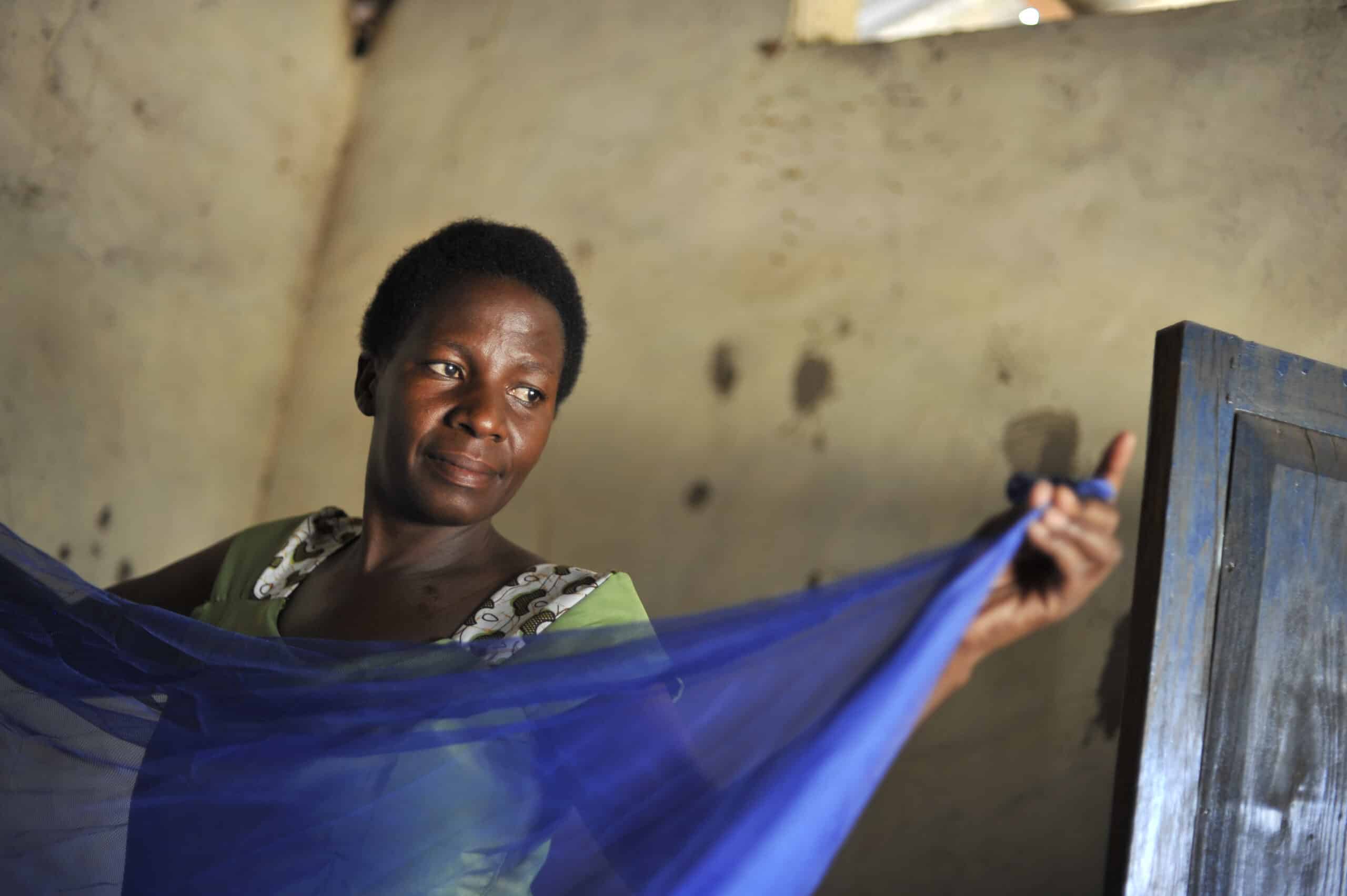Community health volunteers in Kenya earn high reviews from those who regularly interact with them, but a deeper dive into data from the Malaria Behavior Survey led by the Johns Hopkins Center for Communication Programs in 2022 suggests that there is room for improvement, especially when it comes to appropriate treatment.
The research will be among 54 oral and poster presentations this week at the Roll Back Malaria (RBM) Social and Behavior Change Working Group annual meeting in Cote d’Ivoire. Roughly 130 participants are expected for the first in-person gathering since before the COVID-19 pandemic began nearly four years ago.
The annual meeting, sponsored by the U.S. President’s Malaria Initiative through the CCP-led Breakthrough ACTION project, is designed as an opportunity for social and behavior change professionals to discuss and engage on emerging issues, share common challenges and highlight their successes.
“This meeting is a tremendous opportunity to share the latest in social and behavior change for malaria, which needs quality social and behavior change programs now more than ever,” said Gabrielle Hunter, who co-chairs RBM SBC Working Group, which has over 500 members from over 35 countries. “Malaria progress has stalled in the recent past and social and behavior change is one way to help get it back on track.”
CCP will support 23 oral and poster presentations at the three-day event, delivering 10 of them and co-authoring 13 more.
The Kenya research, led by CCP’s Zoe Hendrickson, PhD, found that most of the more than 1,450 survey respondents in the Lake region of Western Kenya reported overall favorable perceptions of facility-based health workers (95 percent) and community health volunteers (82 percent). Women had more favorable perceptions of both types of health workers than men.
When it came to whether community members had favorable perceptions of community health volunteers and their ability to test for malaria and provide medication if a diagnosis was positive, only six in 10 had favorable responses. Hendrickson and her team found that caregivers with positive perceptions were nearly twice as likely to report seeking prompt and appropriate care for a child under five who had a fever in the previous two weeks.
“People’s favorable perceptions of health workers go a long way to increasing their likelihood of interacting with those community members to get tested and treated promptly – and improving health outcomes,” she says. “So those perceptions are really critical in whether a child gets the help they need or suffer the consequences.”
This points to ways to improve health volunteer success, by making improvements in ensuring they have access to needed supplies.
A key question going forward, said CCP’s Joe Millward, a research officer involved in the work, is to understand how much the sentiment expressed by respondents is reflective of supply-side or demand-side issues. “SBC does a wonderful job at shoring up demand for health services, however issues arise when this demand is not met with adequate supply of health services,” he says, further noting that these concerns may be addressed with improved integration of social and behavior change and health system programs.
These high perceptions of health workers give Kenyan health authorities and other stakeholders a real advantage when it comes to trust, says James Andati, the monitoring and evaluation advisor for the CCP-led Breakthrough ACTION project in Kenya.
“This project is leveraging these favorable attitudes to engage with the community health volunteers as a fast and trusted source of malaria messages in the community,” he says.
In Kenya, each community health volunteer is responsible for being a resource for 100 households, which they reach monthly. They also serve as outreach workers for the nearby health facilities. The volunteers know who is pregnant, which families have young children, who needs to hear messages about malaria-preventing bed nets or the importance of regular pre-natal appointments at local health facilities.
CCP’s Jeremia Ochieng, the social and behavior change advisor for Breakthrough ACTION in Kenya, says these close relationships are particularly helpful when it comes to instilling trust in those they serve.
“Because the community already has these good perceptions of health workers, if the health workers engage with community members in meaningful dialogue about malaria, we see that it’s likely that most will listen to them,” Ochieng says.





